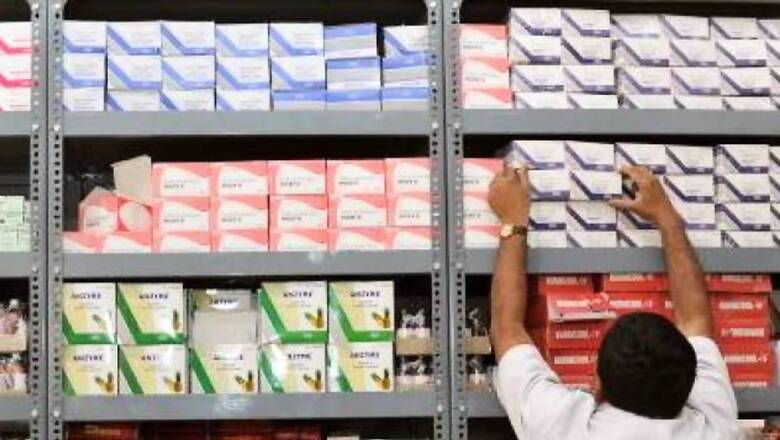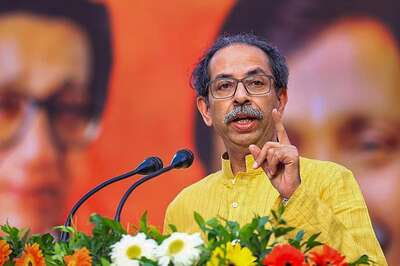
views
The Indian Institute of Technology (IIT) Madras and Krea University, Chennai, have conducted a study that can help states boost medical deliveries. The study showed that fill rates — percentage of customer orders a company can fulfill without running out of inventory to fill customer order– of Tamil Nadu, Kerala, Odisha, and Punjab could potentially rise to 53 per cent as compared to an average fill rate of 30.95 per cent.
These four states were chosen for the study as they were the largest Indian states with the largest populations in the country, claims the study. The study found that despite the operational, logistic, and infrastructural challenges that exist in the current drug supply system, several measures can be undertaken by state governments to considerably ease the system and address medicine shortage.
Read|‘Pharma Bro’ Banned For Life From Pharma Industry, Fined $64.6 Million
The study that is conducted by Prof. R.P. Sundarraj, department of management studies, IIT Madras, and Prof Vijaya C Subramanian, department of operations management, IFMR-GSB, Krea University, focused on issues that are identified in the procurement process of essential medicines.
As per the recommendations made by the study, which was conducted between the period 2015 and 2019, inter-state coordination is very important to boost the sales. It further says that intuition that order timing is very important to meeting demands and that states must consider staggering their orders instead of batching them.
“While the current processes of applying penalties and blacklisting suppliers are important levers with a state, a graded manner of applying these can help alleviate issues,” reads the study. It added that, instead of a blacklisting process that is binary (suppliers can be blacklisted or not) states can consider blacklisting as well in a graded manner, proportional to the extent of default by a supplier.
Elaborating on the need for such studies, Prof. R.P. Sundarraj, department of management studies, IIT Madras, said, “Essential medicine is a key issue affecting health outcomes. This is especially an issue in low and middle income countries. The Indian government recognises this and has enabled the import and production of Active Pharmaceutical Ingredient (APIs) and Key Starting Materials (KSMs) for the manufacture of such medicines.”
Further, speaking about how it has been conducted using field data, Prof. R.P. Sundarraj said, “We were fortunate to have the active support of a key policy maker who could point us to the right data sources and more importantly scope the project to address the key issues faced by state governments.”
Read|World Pharmacists Day 2021: Theme, History and Significance
Highlighting how such studies and partnerships with state governments can address medicine shortage in India, Prof Vijaya C. Subramanian, department of operations management, IFMR-GSB, Krea university, said, “This work is an attempt to bridge the gap between research and policy. The current pandemic has brought into focus the urgent need to address the deficiencies in healthcare delivery. We strongly believe that collaborations such as these between policy makers and researchers can contribute to immense improvements in the current system.”
Read all the Latest Education News here




















Comments
0 comment